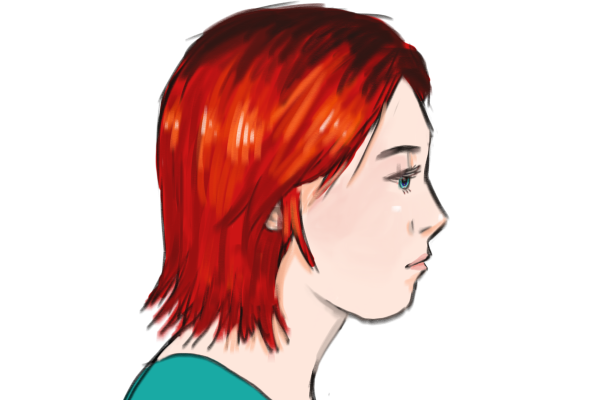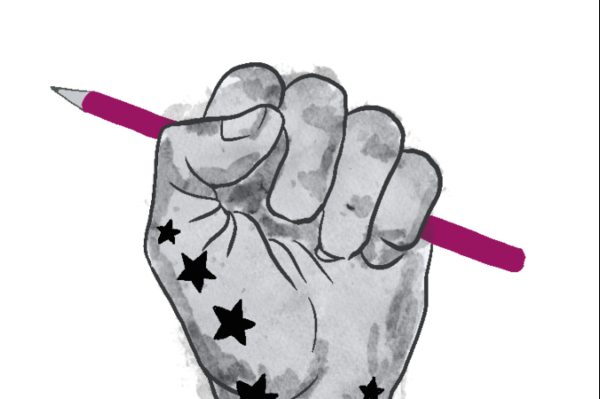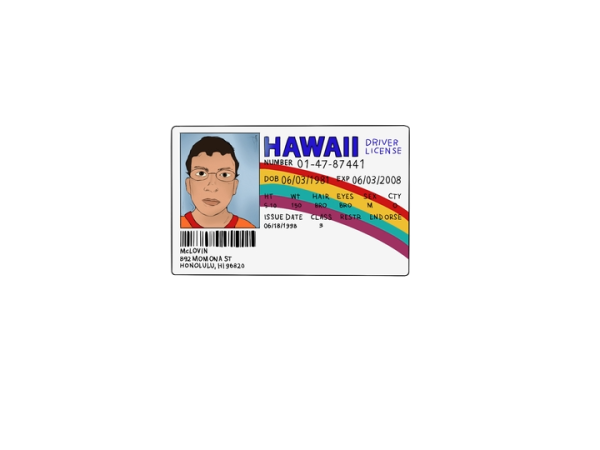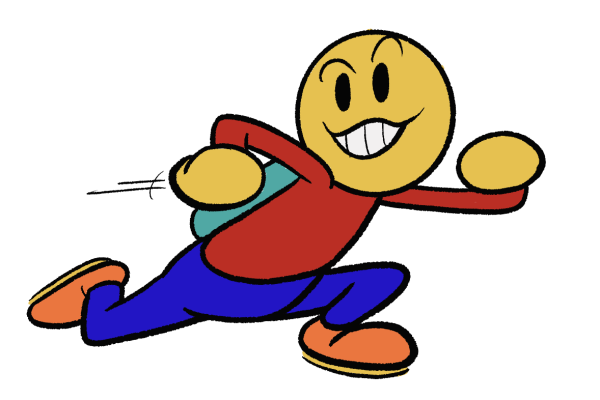Mary Wilson: more than her disorder
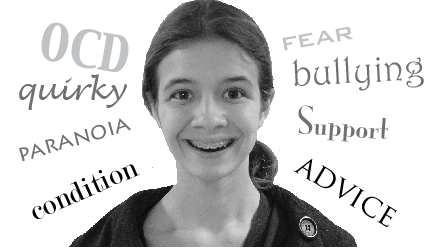
Imagine a certain thought or image got stuck in your mind. Not the lyrics of your favorite song but a paranoia of doubt and fear. The uneasy and jittering questioning of an idea. One seemingly simple idea. And this idea is replayed in your mind over and over again.
This is the way Mary Wilson, diagnosed with Obsessive Compulsive Disorder (OCD) in second grade, feels daily.
According to Wilson, more than a year ago a user on Tumblr, a social networking website, suggested that someone start an OCD support blog. Not long after, Wilson was inspired and took it upon herself to begin the blog. Wilson said right after start-up, the blog grew more quickly than expected and she now has more than 345 followers. To visit Mary’s blog you can go to the link: http://ocdsupportgroup.tumblr.com/. In June, Sylwia Adamus, who lives in Warsaw, Poland, came across Wilson’s blog. Adamus noticed she was looking for co-runners and emailed her, in which Wilson agreed to. Wilson and Adamus hope to transfer their blog to a more professional website by January.
On her blog, Wilson gives support and advice to people with OCD, helping them through bullying and jokes that often come with the condition. According to the International OCD Foundation this disorder can, in some cases, bring depression. Wilson tells her followers how much she cares about them and that their life is worth living, to help them through suicidal thoughts.
“Thoughts are not actions, they’re just worries. Thoughts do not result in actions. Whatever you’re going through, it will pass,” Wilson said on her blog to her followers in relation to avoiding suicidal thoughts, “Sadness won’t last forever and you might think you’re at your rock bottom but you can’t stay there forever. You don’t have anywhere to go but up.”
Wilson said she is often labeled by her condition and hears OCD jokes weekly. Wilson expressed that people often identify her by their own perception instead of learning what she is truly like as a person.
“It’s like when someone has a physical disability, we can see it. And it’s awful, but we remember it,” Wilson said. “‘That wheelchair kid’, or, ‘the kid with the walker.’ It sticks in our mind and we remember it. It starts to be how we define them.”
Wilson said she once read a blog post that depicted the way she feels when the ‘OCD girl’ label is placed on her.
“We live in the age where it’s cool to be uncool. It’s cool to be quirky, to color code your Skittles, to step over cracks. It’s cool to cut in a straight line,” Wilson said. “It’s not cool when you have an OCD attack in Chemistry class, and you can’t stop washing your hands. It’s not cool when you’re terrified you’ve overdosed on your medication. It’s not cool to actually have OCD. It’s cool to be OCD.”
Through her blog Wilson can connect with teens going through similar struggles as her as well as reach into a deeper part of herself. She can give advice to her followers about OCD on a more personal level. Mary is not the only one with OCD at KHS, Samantha Hemmer, sophomore, struggles with this disorder as well.
Hemmer was diagnosed with mild OCD when she was around the age of four. When she was younger, she would compulsively pull out her eyelashes and repeat what she said under her breath. However, now Hemmer only repeats things in her head rather than aloud.
“[Having OCD] makes me somewhat socially awkward because the whole repeating what I said in my head thing can occasionally get in the way of normal conversation,” Hemmer, sophomore, said. “When I spend more time thinking about what I said over and over, it can get hard to respond to someone right away.”
Adamus was diagnosed with OCD in December of last year, however she’s suffered from the disorder since she was about 10 years old. Like Wilson, Adamus gives their followers advice to get help as quickly as possible if they’re struggle with suicidal thoughts.
“I know that it can be hard and that parents are often in denial, but there’s no sense in waiting for the right moment,” Adamus said. “What I always say is that ‘we need to learn how to live despite OCD, not without it.’ I believe it’s worth remembering.”
Your donation will support the student journalists of Kirkwood High School. Your contribution will allow us to purchase equipment and cover our annual website hosting costs.

Grade: 12
Twitter handle: N/A
If you could be another Call staffer, who would you be?: I would be Katie Hackett because her wit is inspirational.
Interests: dogs,...




